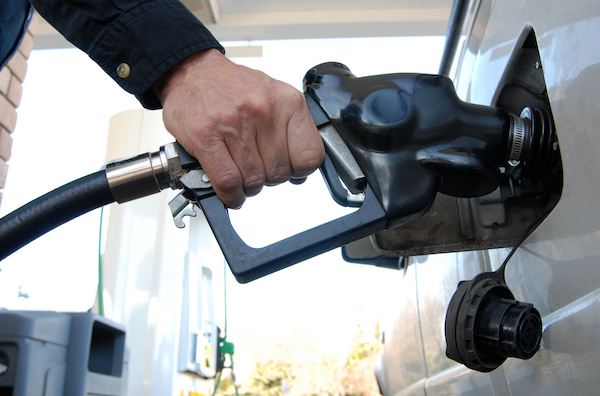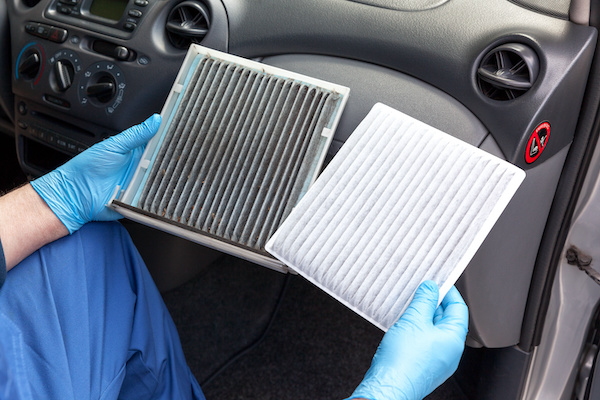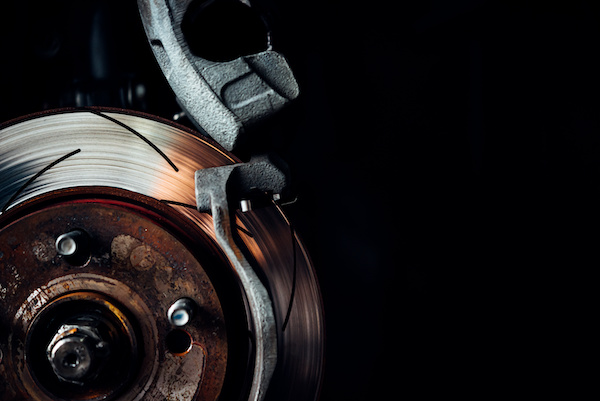Posted on 12/30/2022
.jpeg)
When it comes to taking care of your car, regular tune-ups are essential. They help keep your vehicle running smoothly and efficiently. They also help prevent major issues that can be expensive to repair. So, how do you know when it's time for a tune-up? One of the most common signs is reduced fuel efficiency. A car that is due for one may experience a decrease in fuel economy due to faulty spark plugs or other issues. If you notice that your car is using more fuel than usual, it might be time for a tune-up. Having trouble starting your car is another indication that it might be ready. If your car is having difficulty getting started, it could be due to worn spark plugs or other issues that can be resolved with an appointment. Another symptom that could indicate that your car needs a tune-up is poor acceleration or a decrease in power. If your car is having difficulty accelerating, it could be due to a fuel system issue that must be resolved immediately. If you're noticing ... read more
Posted on 11/17/2022

Fuel costs fluctuate all the time, but on average, people spend about $150-200 on fuel per month. The moral of the story is that fuel costs can add up over the months and years. If you want to save money, you should be more conscious of your vehicle's efficiency. Here are several ways to minimize fuel expenses and increase your car’s efficiency. Tip #1: Watch Your Tire Pressure Driving with improper tire pressure can increase friction and cause rolling resistance. In simple terms, your car will consume more gas when running with low tire pressure. In fact, your fuel consumption can increase by ~1% for every 1 psi below the factory-recommended psi range. Tip #2: Remove the Load Many people view their vehicle as a storage unit, but overloading your car can hurt your gas mileage. For every 100lbs in your car, your fuel consumption increases by approximately two percent. So, clean out any heavy or unnecessary items that may harm your car. Tip #3: Avoid Braking Harshly ... read more
Posted on 10/28/2022

People automatically consider a number of auto maintenance procedures when it comes to keeping a new car, including oil changes, wiper blade replacement, and tire rotation. But the cabin air filter is one thing that gets overlooked frequently. It's a simple, inexpensive item to replace, especially when you go to your neighborhood service facility. The cabin air filter is in charge of purifying the air that enters the vehicle's cabin via the heating and air conditioning system. It is often found behind the glove compartment. This device is essential for maintaining a healthy level of air in your car because it filters out things like: Dust Spores of mold Pollution Pollen The interior air quality of your car will be impacted by a blocked cabin air filter over time. Sadly, a lot of individuals are unaware that they even have a cabin air filter, much less that it needs to be changed! But you'll want to keep an eye on it because it's crucial to maintaining the air quali ... read more
Posted on 9/30/2022
.jpeg)
Most car owners will do everything they can to keep their vehicles in good shape and performance. One way to do this is by regularly monitoring your engine health with the help of oxygen sensors. This article will help you understand what an oxygen sensor is and how it works, signs your oxygen sensor is faulty, and provide tips on taking care of your oxygen sensors. What is an Oxygen Sensor? An oxygen sensor measures and monitors the oxygen levels in the car's exhaust system. The oxygen sensor then transmits this information to the car's computer, which adjusts the air-to-fuel mixture accordingly. Knowing the fuel-to-air ratio is important because it affects the engine's efficiency. Signs your oxygen sensor is faulty. A few signs may indicate that your oxygen sensor is faulty and needs a checkup. Check Engine lights on The Check Engine Light illuminates if you have a bad or failing oxygen sensor. Although this light could indicate other issues, it's worth gett ... read more
Posted on 8/30/2022

Brake rotors are the round metallic discs that you can see through your vehicle’s rim. The brake pads clamp on them to make your car, SUV, or truck stop. When they are in good condition, rotors should be smooth and flat. However, a common brake problem is warped brake rotors. How Do Brake Rotors Become Warped? You might be wondering, “how does that even happen”. Below are some instances where your brake rotors can get damaged: Poor braking habits - If you overwork your brakes by driving in uneven terrain and partaking in stop-and-go traffic, your rotors can get damaged easily. Bad brakes - Sticky calipers and worn pads can force your brakes to overwork themselves. When they’re overloaded, they heat up quickly. Inadequate wheel installation - The brake rotors can be put under a lot of stress when a wheel is improperly installed. You can tell if your brake rotors are distorted by being aware of ho ... read more